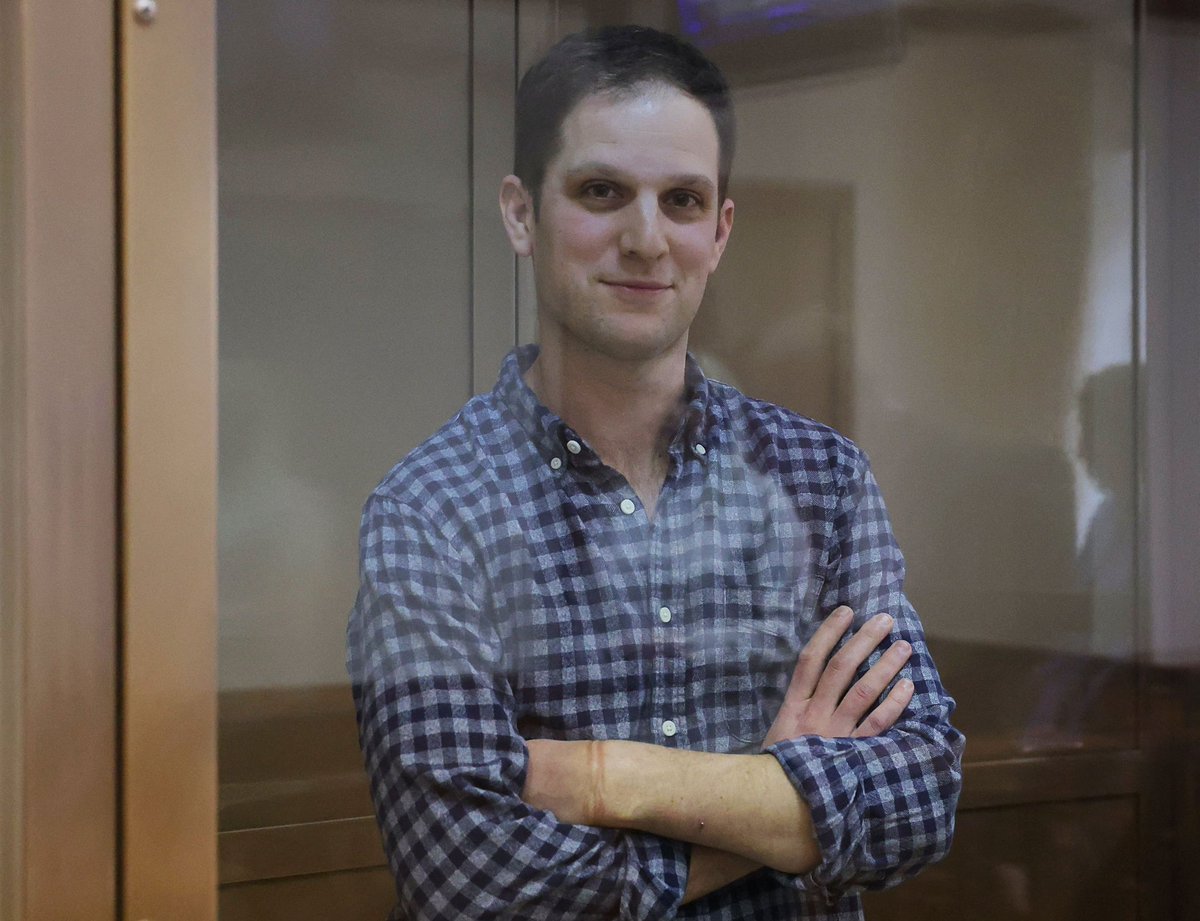The statement is a call to action advocating for the release of WSJ reporter Evan Gershkovich, who has been detained. It highlights the risks faced by journalists under authoritarian regimes and criticizes the lack of freedom and safety for journalists who do not comply with government narratives. The statement uses strong language to emphasize the severity of the situation and the potential consequences of dissent.
- The statement aims to raise awareness and prompt action, which aligns with the principle of doing no harm. It seeks to protect an individual's rights and safety. [+2]Principle 1:I will strive to do no harm with my words and actions.
- By advocating for Gershkovich's release, the statement respects his dignity and opposes the conditions that led to his detention, supporting the principle of respecting the dignity of others. [+2]Principle 2:I will respect the privacy and dignity of others and will not engage in cyberbullying, harassment, or hate speech.
- The statement promotes understanding of the dangers faced by journalists in restrictive environments, fostering empathy and compassion for those in similar situations. [+2]Principle 3:I will use my words and actions to promote understanding, empathy, and compassion.
- It engages in a form of constructive criticism against the suppression of free speech and press, encouraging dialogue about the importance of these freedoms. [+2]Principle 4:I will engage in constructive criticism and dialogue with those in disagreement and will not engage in personal attacks or ad hominem arguments.
- The use of the platform to advocate for Gershkovich's release and to highlight issues of press freedom and human rights abuses uses influence for societal betterment. [+2]Principle 6:I will use my influence for the betterment of society.
